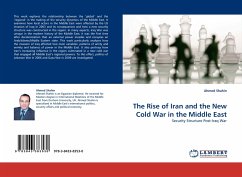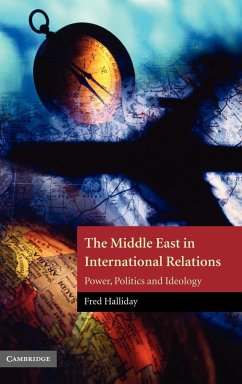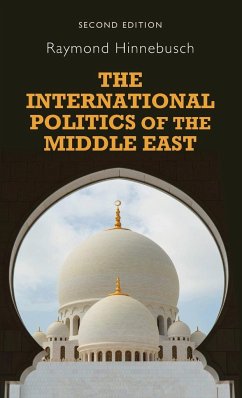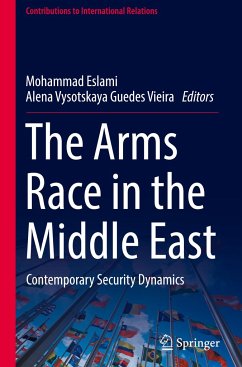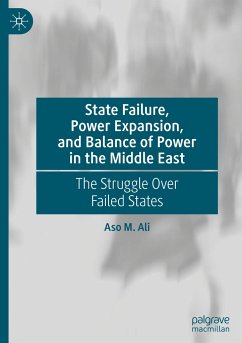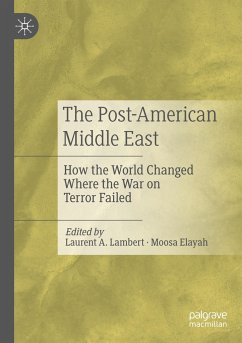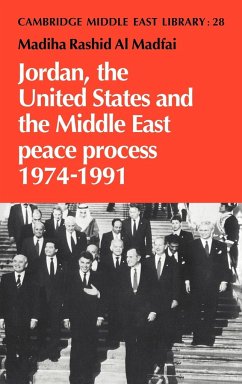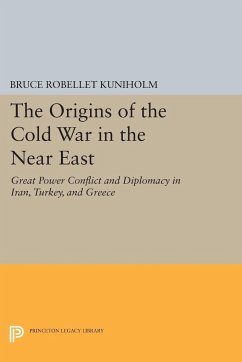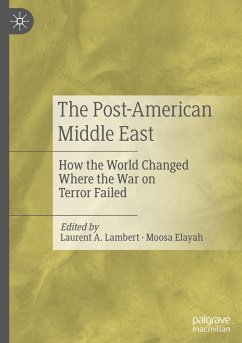
The Cold War and the Middle East
Versandkostenfrei!
Versandfertig in 1-2 Wochen
266,99 €
inkl. MwSt.

PAYBACK Punkte
133 °P sammeln!
In the aftermath of the Second World War, the Middle East became one of the major theatres of the Cold War as a result of its strategic importance and its oil resources. In this compelling new book leading scholars analyze, for the first time, the impact of the Cold War on the behavior of individual local actors at three levels: international politics, regional politics, and domestic politics. The result is a highly informative and thought-provoking book which sheds a great deal of new light on the politics of the Middle East in the postwar era.



